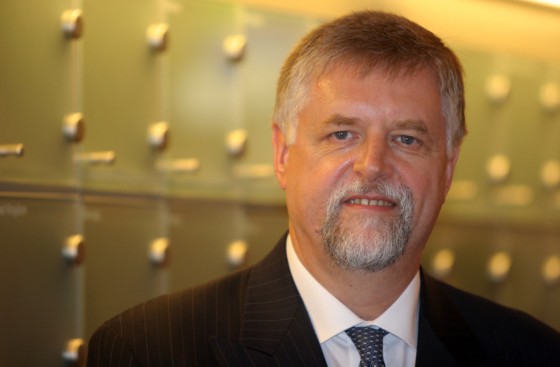
The European Union is concerned about the escalation of tension on the contact line of Armenian and Azerbaijani armies, the EU Special Representative for the South Caucasus Herbert Salber exclusively told Trend Oct.2.
Increased number of military incidents and killing of people were registered in 2014 and it is a tragedy that it continues this year, according to Salber.
The EU hopes that both sides exercise maximum restraint and ceasefire will be respected, he added.
The EU special representative said that during the meeting with Azerbaijani leadership, the sides discussed the first and foremost issues related to the Armenian-Azerbaijani Nagorno-Karabakh conflict and the issues related to EU-Azerbaijani relations.
“We should remain optimistic about the settlement,” said Salber commenting on the prospects for settlement of the Nagorno-Karabakh conflict.
“Strengthening of humanitarian connections between the two sides is also important, as this is something that is based on our own experience in EU,” he added.
“We think that everywhere there are people who you can talk to, but that of course can’t replace official talks,” said Salber. “We don’t have illusions about that but this is the area we should do work.”
The conflict between the two South Caucasus countries began in 1988 when Armenia made territorial claims against Azerbaijan. As a result of the ensuing war, in 1992 Armenian armed forces occupied 20 percent of Azerbaijan, including the Nagorno-Karabakh region and seven surrounding districts.
The two countries signed a ceasefire agreement in 1994. The co-chairs of the OSCE Minsk Group, Russia, France and the US are currently holding peace negotiations. Armenia has not yet implemented the UN Security Council’s four resolutions on the liberation of the Nagorno-Karabakh and the surrounding regions.
—
Follow the author on Twitter: @Anahanum
Trend
